Russia: JCPOA restoration benefits international community
Russia’s representative to the international organizations in Vienna says the restoration of the 2015 nuclear deal would benefit the international community by facilitating trade with Tehran and boosting security in the Middle East.
Mikhail Ulyanov made the remarks in a meeting of the International Atomic Energy Agency (IAEA)’s 35-nation Board of Governors in Vienna where talks to revive the Joint Comprehensive Plan of Action (JCPOA) have dragged on how to bring the US back to compliance.
"The JCPOA restoration is in the interest of the entire international community," he said.
Ulyanaov said the JCPOA facilitates trade and economic cooperation with the Islamic Republic and contributes to security in the Middle East and worldwide.
"Members of the managing board and all pragmatic countries who are seriously concerned about the future of nuclear non-proliferation and international security, need to support the JCPOA talks underway in Vienna," he added.
Envoys from Iran and the P4+1 group of countries — Britain, France, Russia, and China plus Germany — have been holding talks in Vienna aimed at revitalizing the JCPOA and bringing the US back to compliance.
A US delegation is also in the Austrian capital, but it is not attending the discussions because the United States is not a party to the nuclear accord.
Former US president Donald Trump abandoned the deal and reimposed the anti-Iran sanctions that the JCPOA had lifted. He also placed additional sanctions on Iran under other pretexts not related to the nuclear case as part of the “maximum pressure” campaign.
Following a year of strategic patience, Iran resorted to its legal rights stipulated in Article 26 of the JCPOA, which grants a party the right to suspend its contractual commitments in case of non-compliance by other signatories, and let go of some of the restrictions imposed on its nuclear energy program.
Now, the new US administration says it wants to compensate for Trump’s mistake and rejoin the deal, but it is showing an overriding propensity for maintaining some of the sanctions as a tool of pressure.
Tehran insists that all sanctions should first be removed in a verifiable manner before the Islamic Republic reverses its remedial measures.
"If the nuclear deal is not restored, all of this will continue and get worse. However, the IAEA has managed to ensure a proper level of transparency on Iran’s nuclear program so far …. For all we know, despite certain routine issues, Tehran is ready for cooperation and creates no obstacles for the work of inspectors," Ulyanov said.
🇷🇺@Amb_Ulyanov at the @iaeaorg #BoG:
— Russian Mission Vienna (@mission_rf) June 8, 2021
💬Those claiming that ‘no-JCPOA’ is better than #JCPOA are misinterpreting facts and ignoring the objective reality for their own political purposes. Board Members & all rationally-thinking states need to support talks on #JCPOA restoration. pic.twitter.com/jwsCNf8gFL
EU says committed to JCPOA
On Tuesday, the European Union affirmed what it called "its resolute commitment" to the JCPOA.
"The EU is determined to continue working with the international community to preserve this agreement of strategic importance and a key element of the global nuclear non-proliferation architecture," it said in a statement.
The 27-nation bloc also called on all countries to support the JCPOA implementation in line with UN Security Council Resolution 2231 that endorsed the deal.
It further voiced support for the diplomatic process aimed at reviving the JCPOA, saying, "We welcome the discussions held in Vienna at various levels in view of a possible return of the US to the JCPOA, and the perspective of Iran's return to full JCPOA implementation.”
The EU, however, expressed concerns about Iran's decision in February to stop the voluntary implementation of the Additional Protocol to the Non-Proliferation Treaty (NPT) Safeguards Treaty, which stipulates enhanced international access to nuclear sites and snap inspections by the IAEA.
The halt came under the Strategic Action Plan to Counter Sanctions, a law passed in December 2020 by the Iranian Parliament, and adds to Iran’s previous steps away from the JCPOA in response to the US’s unilateral withdrawal and the other parties’ failure to fulfill their commitments.
At the time, the IAEA and the Atomic Energy Organization of Iran (AEOI) reached a temporary bilateral technical understanding, under which the latter would continue to use cameras to record information at its nuclear sites for three months, but it would retain the information exclusively. If the US sanctions are lifted completely within that period, Tehran will provide the footage information to the UN nuclear watchdog, otherwise it will be deleted forever.
The understanding expired last month, but it was extended for a further month until June 24 allowing the agency to continue necessary verification and monitoring work in the country.
The EU claimed that Iran’s suspension of the Additional Protocol “has significantly reduced the Agency's access and oversight regarding sites, activities and relevant information.”
US: Iran should avoid preventing IAEA monitoring
A US statement to the IAEA’s Board of Governors meeting said, “We strongly encourage Iran to avoid any action that would prevent the collection of or IAEA access to the information necessary for it to quickly re-establish ... continuity of knowledge.”
“Such action would, at a minimum, seriously complicate ongoing efforts to reach an understanding on how Iran can return to compliance with its JCPOA commitments in return for a similar US resumption,” it added.
The United States strongly encourages Iran to avoid any action that would complicate ongoing efforts to reach an understanding on how Iran can return to compliance with its JCPOA commitments in return for a similar U.S. return.
— U.S. Mission to the UN (Vienna) (@usunvie) June 8, 2021
UK says Iran must return to compliance
In an interview with Riyadh-based Al Arabiya news channel, British Foreign Secretary Dominic Raab said, “We are very clear that Iran must never be allowed to acquire nuclear capability for military purposes and must return to full compliance with the JCPOA.”
Raab further noted that the UK is “looking at the scope to go, as it's termed, longer and stronger in relation to the requirements that are placed on Iran.”
JD Vance’s Caucasus trip deepens concerns over sovereignty, security and US meddling
VIDEO | Press TV's news headlines
Thousands rally in Australia against Israeli president's visit as police use pepper spray
Child among four killed as Israel attacks southern Lebanon in ceasefire breach
Russia vows ‘all possible assistance’ to Cuba as US squeezes oil supplies
Hezbollah leader: Israel‑US aggression is Lebanon’s main challenge
Muslim nations condemn Israel’s new West Bank settlement laws
Iraq executes ex-Saddam official over 1980 killing of Shia cleric Baqir al-Sadr




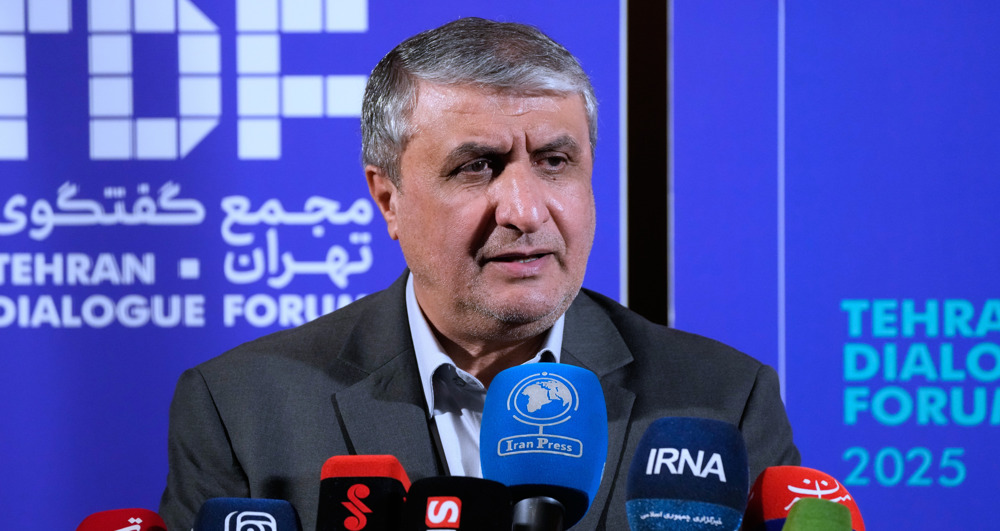
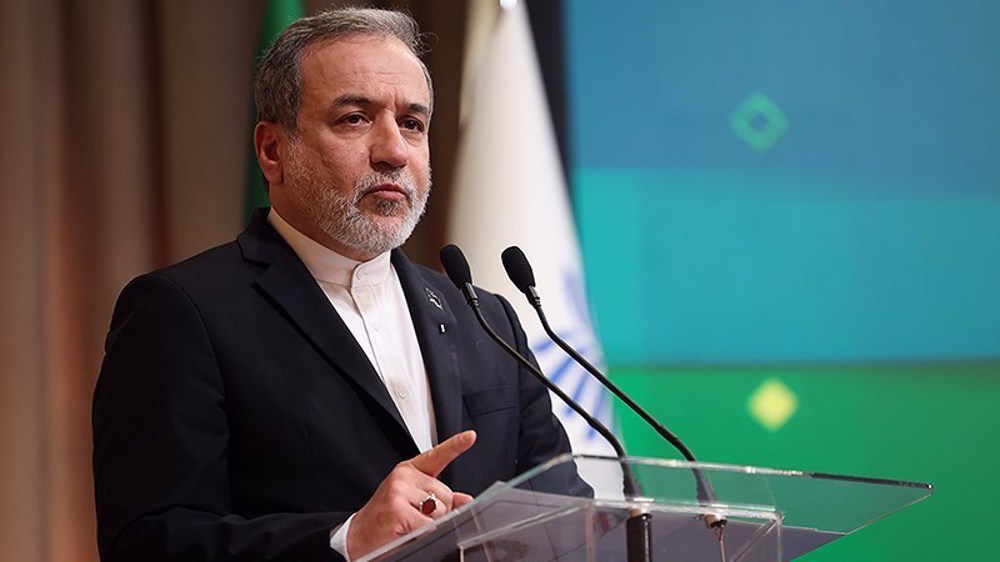
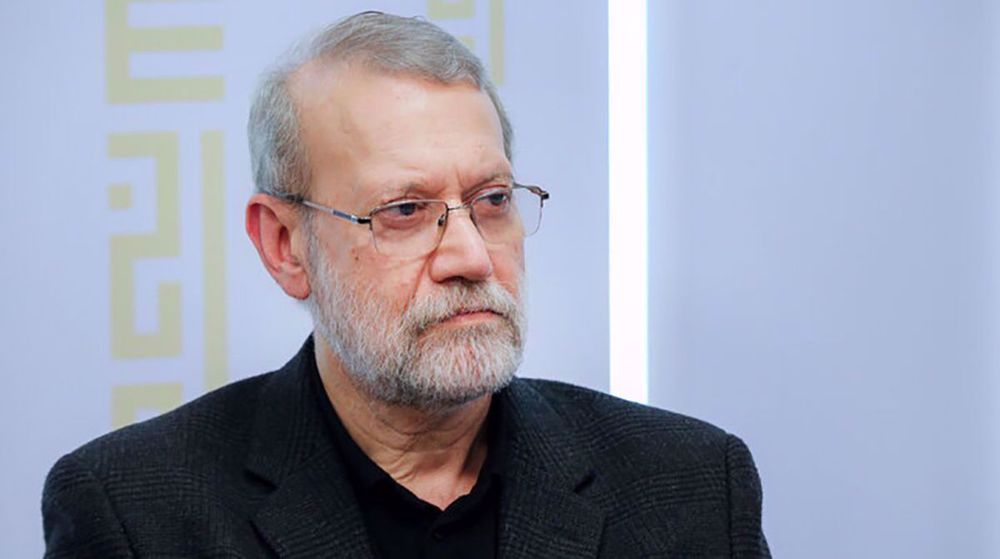



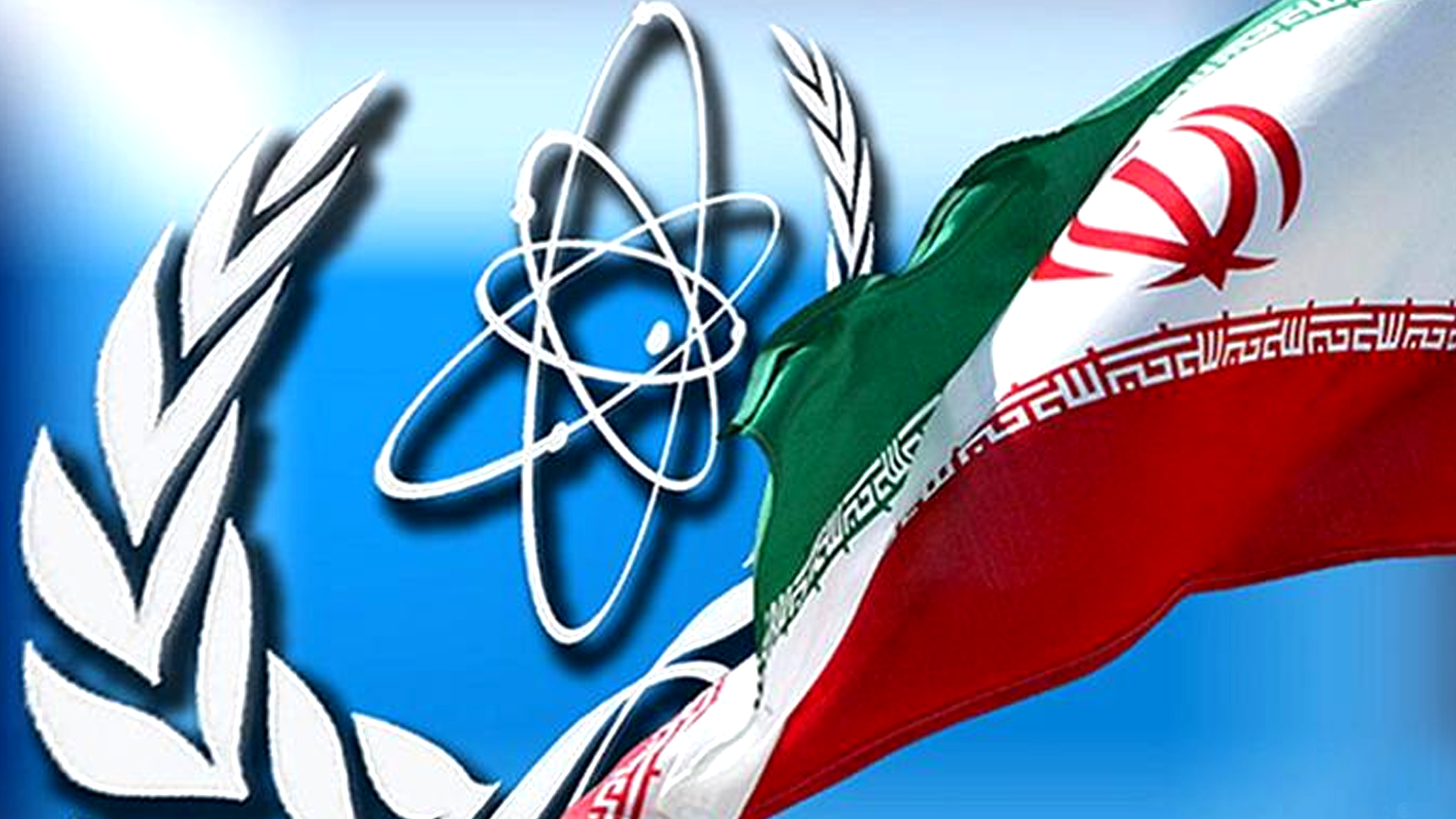
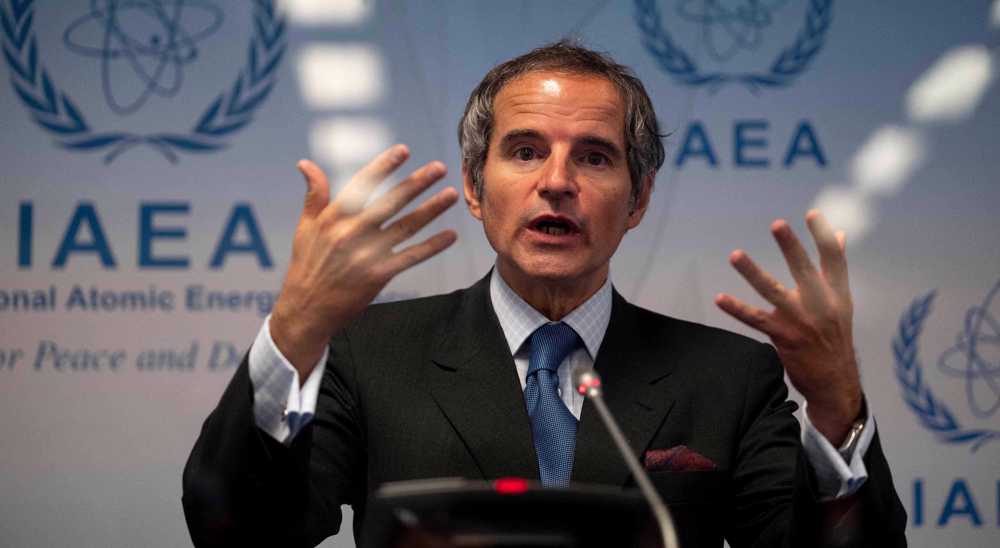


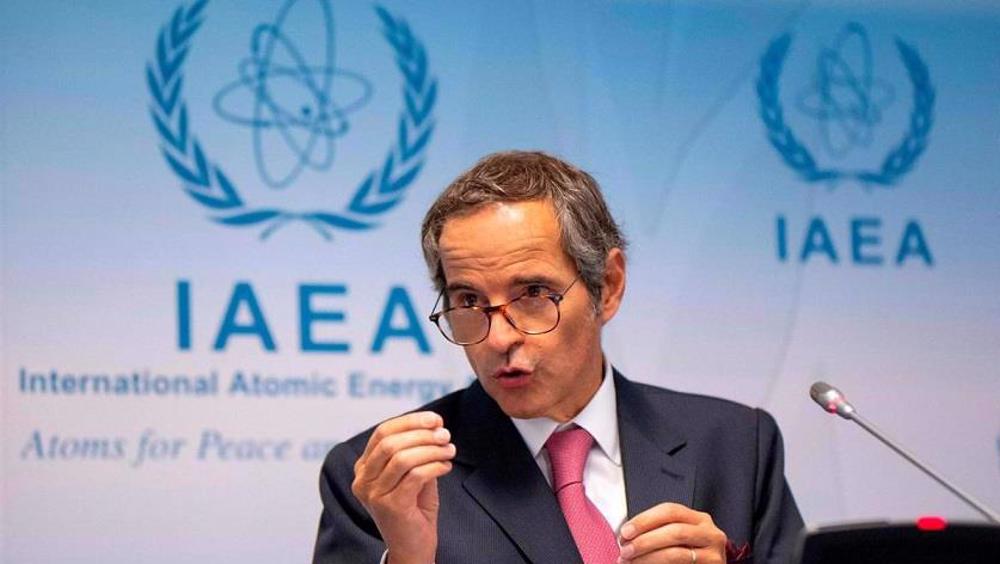

 This makes it easy to access the Press TV website
This makes it easy to access the Press TV website